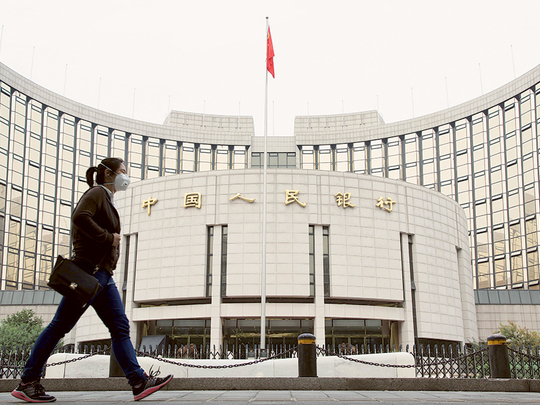
Manila: Asian central banks said an expansion in policy instruments and careful coordination are essential to building defences against increased challenges to growth and financial stability in the region.
Central banks also must remain vigilant and strengthen their domestic economies amid changing global economic conditions, the governors of South East Asian Central Banks, the group known as Seacen, said in a statement after a three-day meeting in Manila that ended Friday.
“The shifting dynamics of global economic conditions have given rise to increased uncertainty for Seacen economies, particularly in two aspects — growth and financial stability,” they said. “There is a need to maintain vigilance by clearly identifying and managing risks and various points of vulnerabilities” to boost the resilience of the respective economies, the statement said.
Risks to the growth and stability of Seacen economies may be transmitted through trade, foreign exchange, interest rates and capital flows, they said.
Slower growth
The governors noted that growth in some developing nations has slowed as developed economies recover, while a stable global oil supply coupled with weak demand has led to low commodity prices damping growth prospects in commodity-exporting countries.
An inevitable gain in US interest rates is expected to change financial conditions in emerging-market economies, the group said.
The governors said there’s a need to reform the international monetary system and emphasised the role of global financial institutions in addressing issues and challenges.
“Building resilience will also entail the expansion and careful coordination of policy instruments to address the multiple objectives of financial stability and promoting macroeconomic stability to help sustain strong growth,” they said.
Disposable incomes
Asia remains the world’s fastest-growing region, according to the International Monetary Fund. Asia will expand 5.4 per cent in 2015 and 2016 as the region’s disposable incomes increase and its labour markets stay strong, the IMF said. By contrast, the global economy will grow 3.1 per cent and 3.6 per cent this year and the next, it said.
Seacen groups 20 central banks and monetary authorities from Brunei, Cambodia, China, Fiji, Hong Kong, India, Indonesia, Laos, Malaysia, Mongolia, Myanmar, Nepal, Papua New Guinea, Philippines, Singapore, South Korea, Sri Lanka, Taiwan, Thailand and Vietnam.












